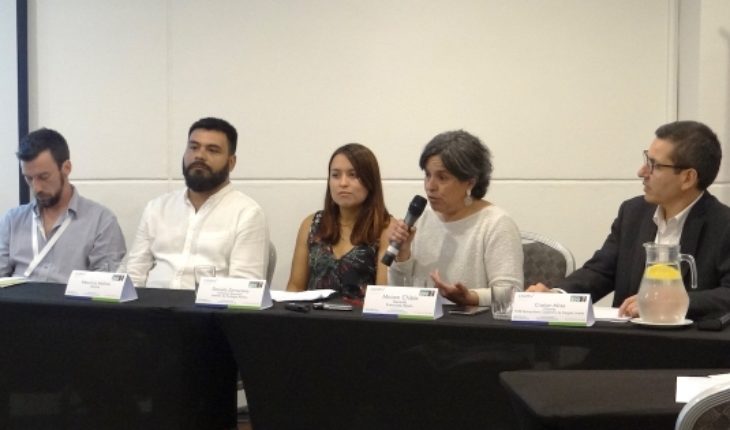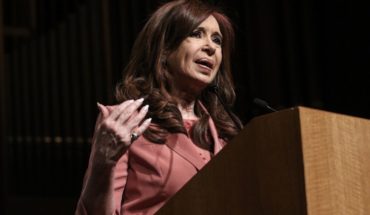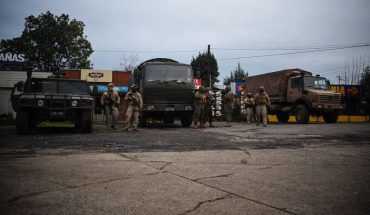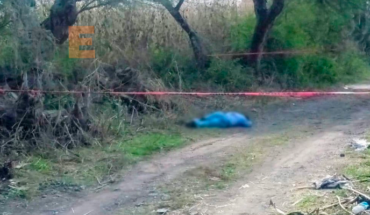Last week was held the international workshop on distributed generation and the potential of cooperatives in power in Latin America. The event organised by DGRV German cooperatives and the Institute of political ecology, brought together representatives of cooperatives of power of various national locations, in order to evaluate what measures can be implemented in the short term to promote cooperatives of energy in Brazil, Mexico and Chile.
The meeting presented a study conducted by the DGRV alongside the IDEAL Institute of Brazil, Ithaca Environmental of Mexico and the Institute of ecology policy of Chile, where we evaluated the potential of cooperatives of energy in the three countries mentioned. The importance of evolution and the flexibility that must have legal frameworks, along with the empowerment of the citizenry, highlighted as fundamental aspects that would allow the development of associative thus provide energy clean systems national distribution.
On November 9 was enacted in our country the law N ° 21.118 which encourages the development of clusters of users and projects of residential generators, however, during the next year distributed generation will discuss the Regulation Act It will establish provisions necessary for its execution, opening the possibility of promoting more effective and concrete the creation of cooperatives of energy in Chile, taking into account that our country has a high potential for it resources natural.
In the case of Germany, there are now about 700 cooperatives of renewable energies, which exceed the 8.2 million users that use their services. In the German model, these associations were increasing since 2006, thanks to government subsidies and the regulatory framework that power associativity, lowering the number of people who need to create a cooperative energy six to just three; However in 2012, the figure begins to descend due to government encouragement and support decreased considerably.
The director of the project CoopSur of the DGRV German Union Confederation, José Manuel Bautista, highlighted during the meeting one measures that could be implemented in our country. “I think that it is very important that cooperatives in Chile to sell, to sell surplus energy is not only a topic of consumption, which in itself is already a very interesting economic aspect, but also the possibility that this excess energy is” “you can inject into national power, so also there may be a financial participation so that it is as interesting as to reduce the costs of amortization of the initial investment, that was a key to success in Germany”, said.
The main features of power cooperatives, include horizontality that intends to keep peer participation, i.e., that each Member is a vote. This model raises a democratic form, where they meet the common interests of the members, seeking to promote or support them, above any intention of profit or enrichment.
Also so that the importance of partnerships between existing cooperatives is born. In the case of Brazil, Marco Morato, representative of the Organization of Brazilian cooperatives (OCB), stressed that “the cooperative organization should unify the voices of cooperatives because that strengthens us; I think we have to do something like this, the union of all cooperatives in partnership focused to make the legal changes required in Chile, this is the difference that the OCB”.
The current regulatory framework and the debate that will be given during 2019 around the rules of the new law of distributed generation, Manuel Baquedano, President of the Institute of political ecology, said “If the regulation is supporting this can be the beginning cash a real participation in the fruits of the solar energy, solar energy came to Chile, but today has come only to the corporate world, to large projects and is pending to reach citizenship in that aspect if this modification facilitates the associativity, then is going to have a very large impact, because I am sure that many people want to spend on renewable energy”.
Meanwhile, Danilo Jara, representative of the Division of renewable energies in the Energy Ministry, who also spoke at the seminar, said regarding the next discussion of the law of distribution that “the idea is that distribution sector will open slightly , which until today is a natural monopoly, a company that is responsible for supplying the demand and makes it conventionally, so to speak, the idea is to open this new sectors so that will create a dynamic market and to do new things associative, aggregation of claims, which can group systems and deliver services to the network with some Coordinator; is back all that is now half hard to do and the idea is that with the change of law coming next year is simple to do, and that enables citizens to participate more in how their energy needs are supplied.”
Finally, Manuel Baquedano highlighted against the current scenario of energy cooperatives in Latin America that “this is just beginning, is a citizen revolution, appropriating the Sun and its benefits, and I believe that we will not meet again, by climate change, therefore think that cooperation will be vital to face this challenge in the region, since we are a region that has resources in such a way that they can develop the powers
translated from Spanish: Experts propose to strengthen cooperatives of energy in Latin America to promote the democratization of energy
December 12, 2018 |





